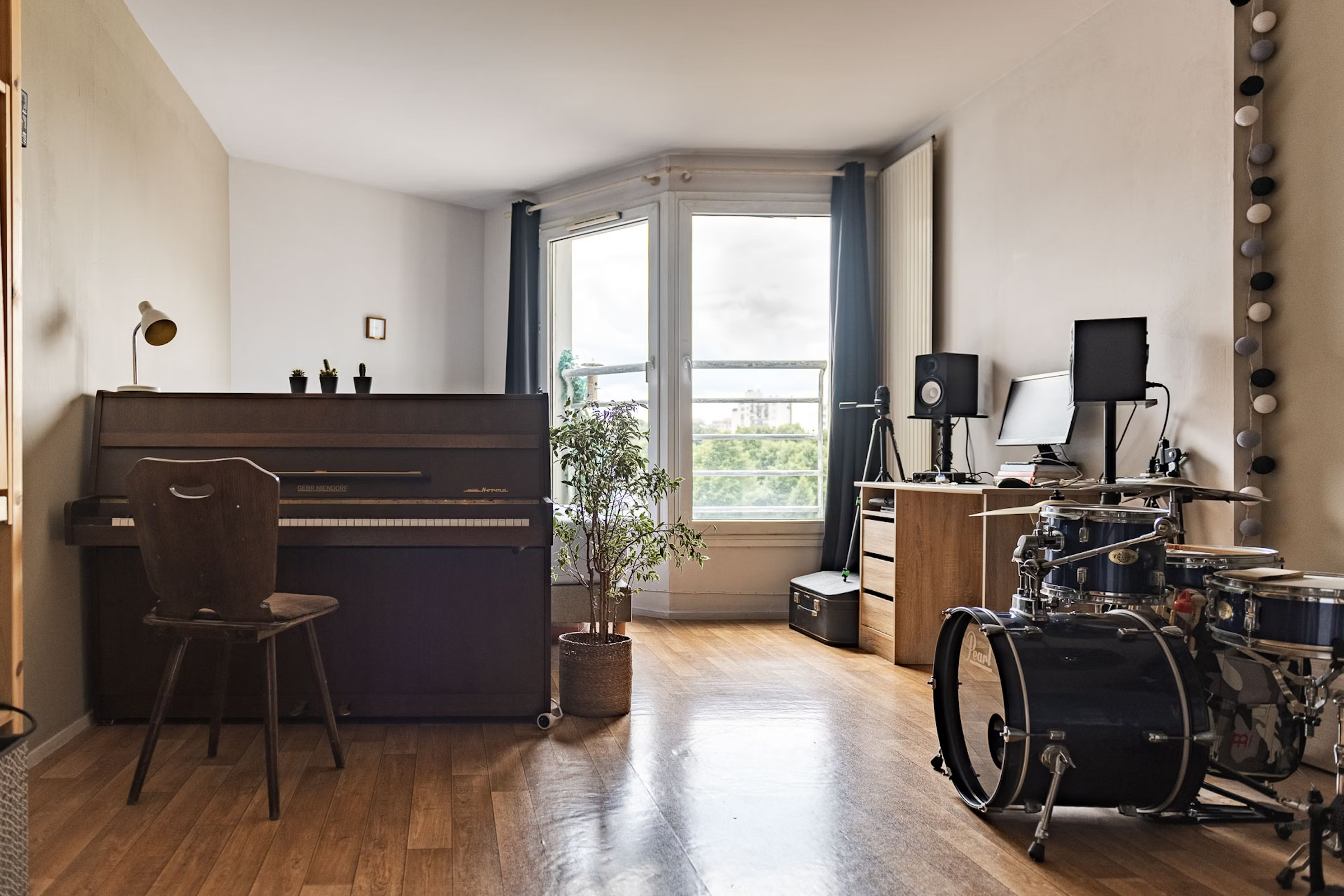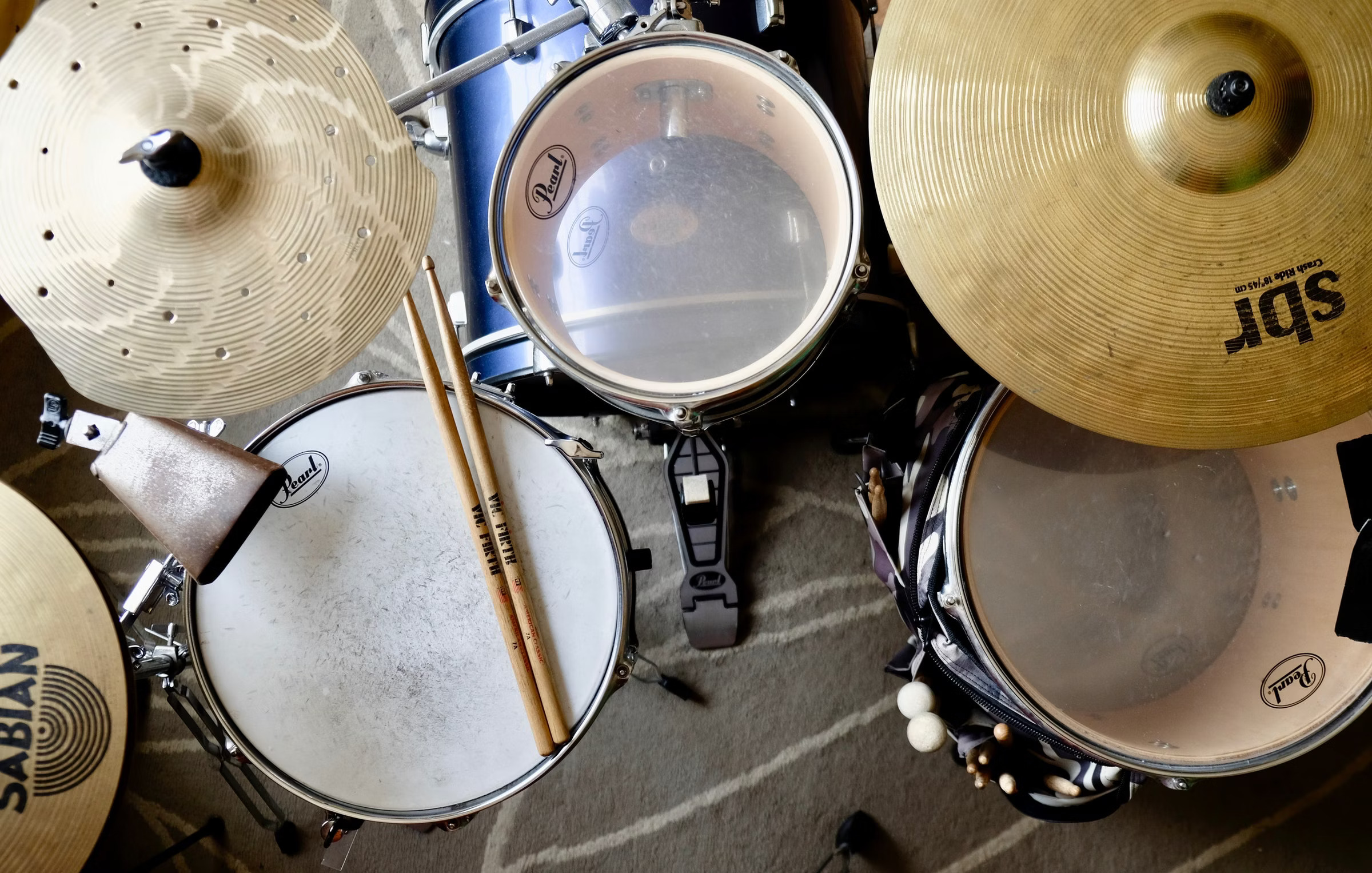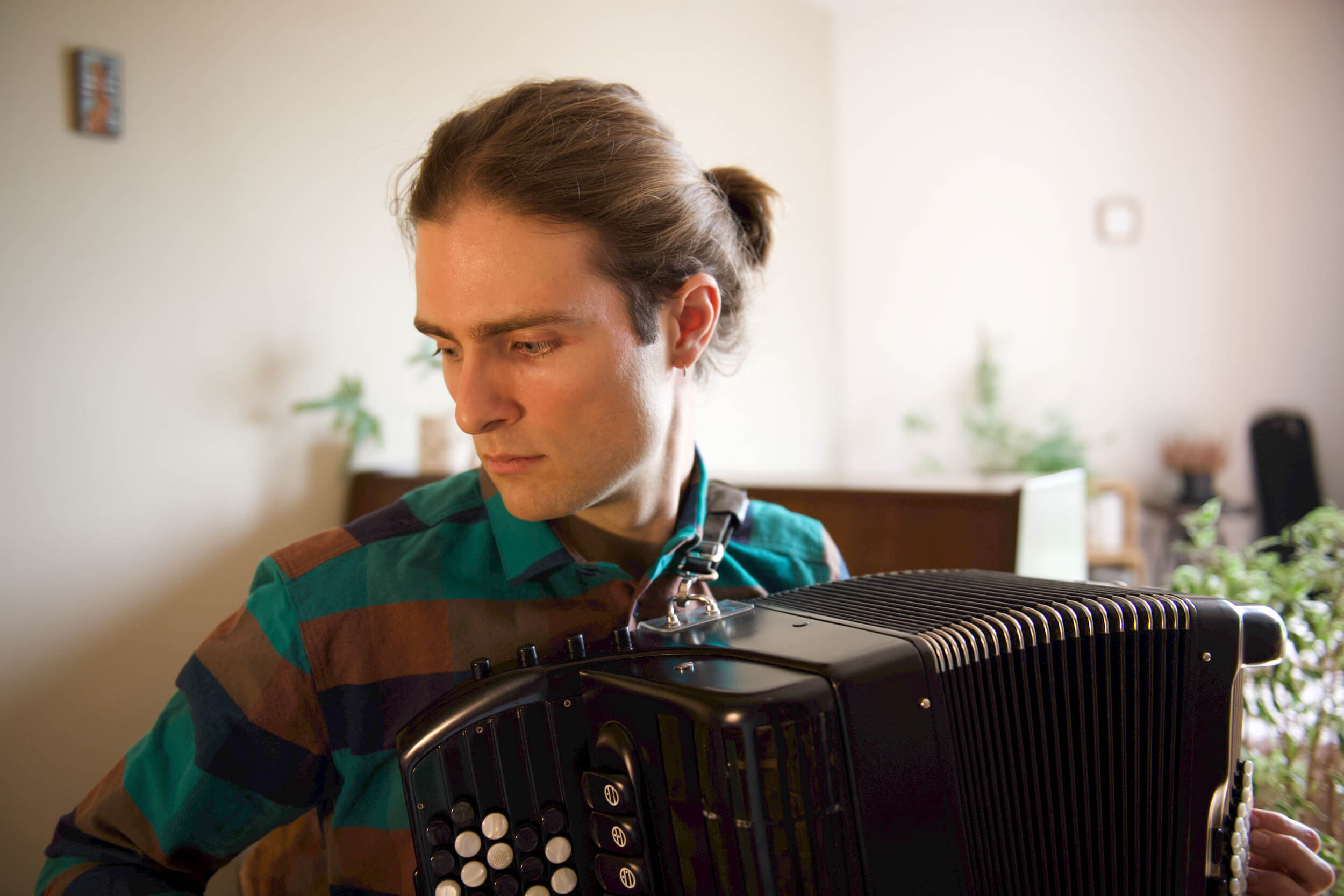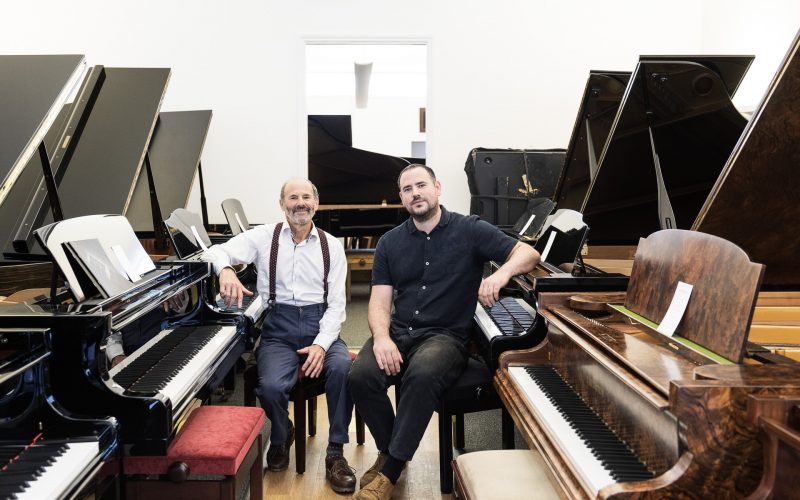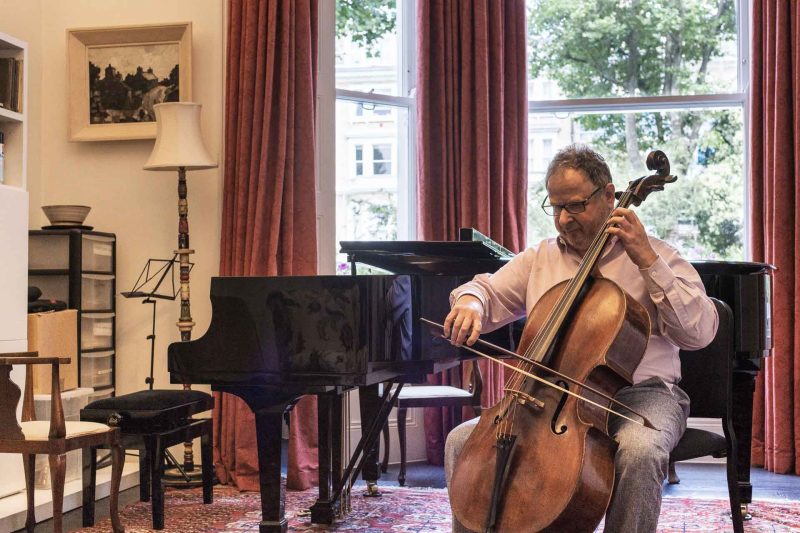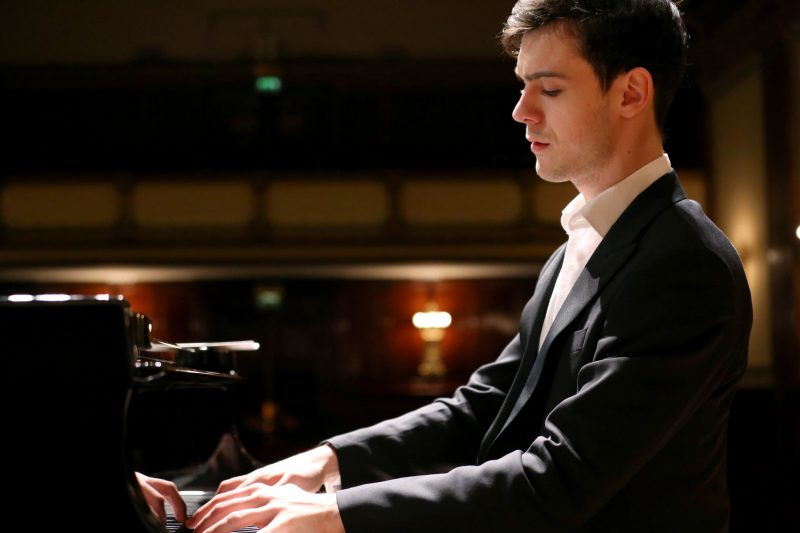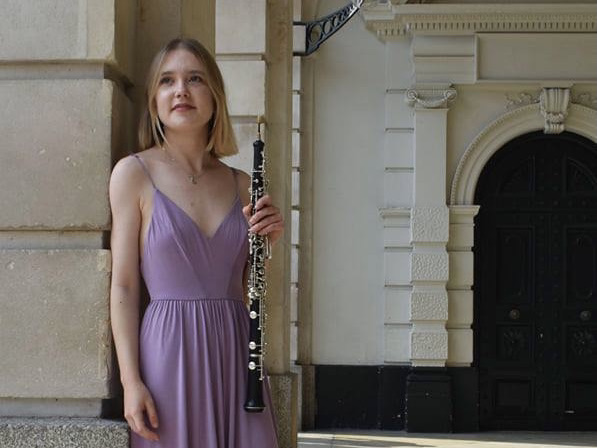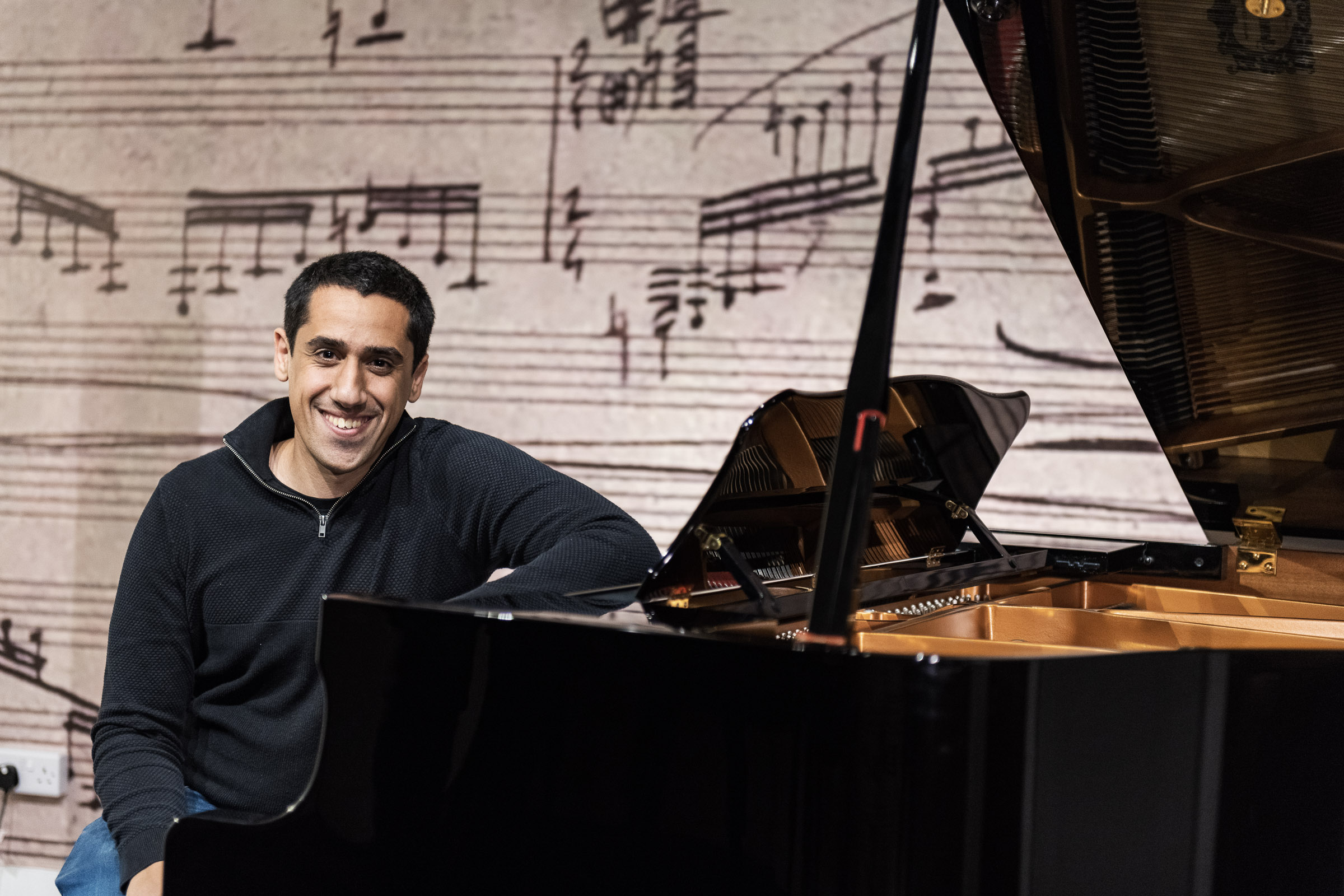meet the hosts
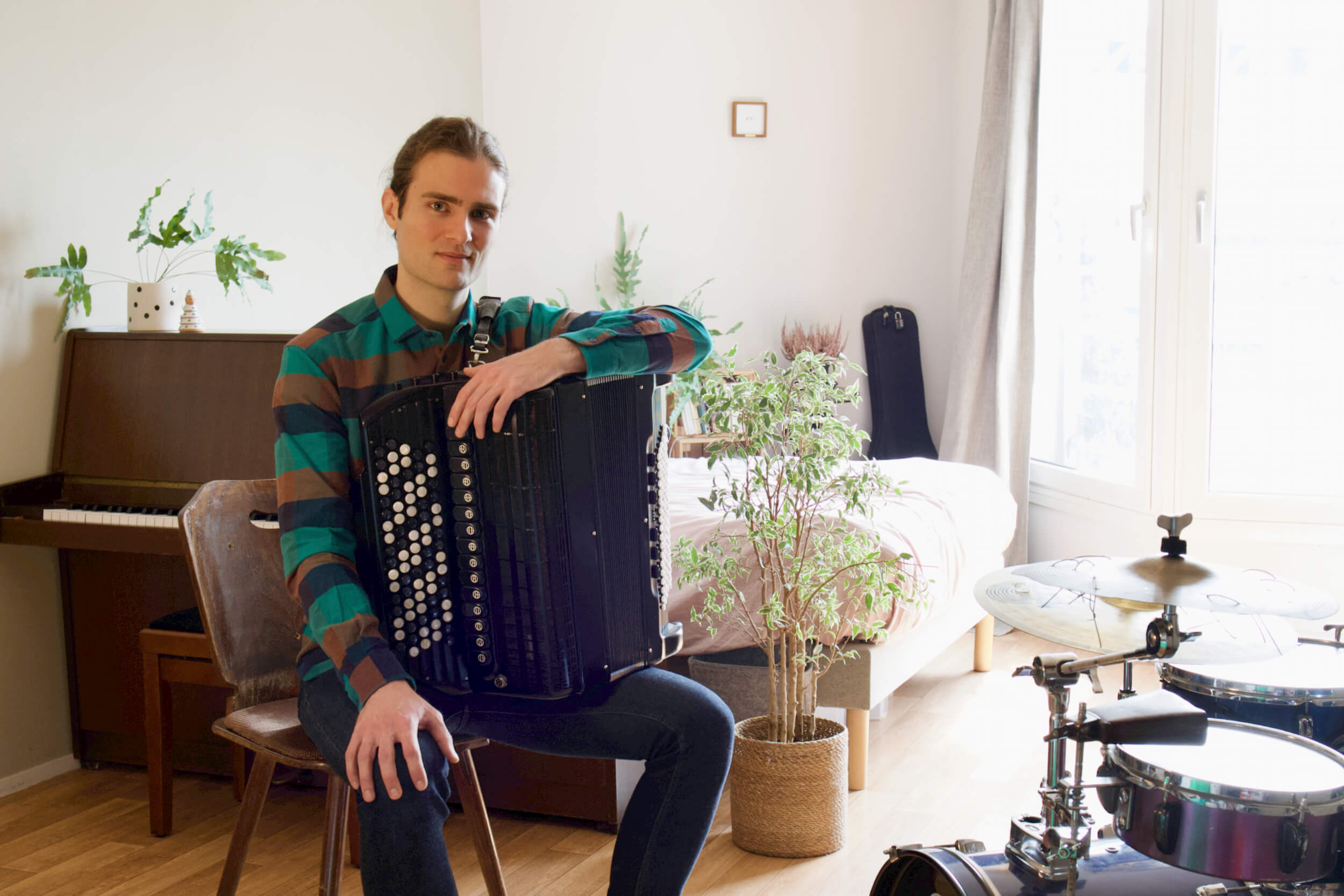
“I used Gregorian chants as melodic material for CKRAFT’s composition, and the purity and strong direction of this music provides a perfect common ground to blend jazz and metal intelligently.”
Ever wondered what you get when you combine jazz and metal music? Accordionist and composer Charles Kieny is determined to find out, with his experimental ensemble CKRAFT spanning centuries of musical influence, from monks of the Middle Ages to the French band Gojira. Charles’ curiosity with the musical avant-garde started as a teenager, when he was enticed by the dynamism of the drums in a metal band, while just as in awe of the winding freedom of a jazz sax improvisation.
He went on to study at the Conservatoire National Supérieur de Musique and, having tried his grandmother’s accordion as a child in Eastern France, he refashioned it by attaching electronic sensors to the instrument to enable synthesisers, creating the “augmented accordion”. He is now based in Paris and regularly works in the UK, including a recent performance of Alice Zawadzki’s Bag of Bones with the Manchester Collective, and his cosy studio opposite Parc de La Villette was the first mushRoom space in Paris. We crossed the metaphorical channel to chat to him on Zoom and gleaned some practical tips for independent musicians starting out in France, as well as discovering his “crush” on the cello with his more intimate chamber project, Crozphonics. At thirty-one, Charles’ compositional creative drive is threatening to overtake his primary job as a performer, and we get the sense that his penchant for stretching musical boundaries is only set to expand.
How have you found the experience of hosting for mushRoom?
CHARLES
_
I have really enjoyed it. I have hosted mostly international musicians, including an American poet who plays jazz piano as a hobby. He was travelling through Europe and heading to Japan to experience the famous autumnal bloom of the trees for poetic inspiration.
I like that I have out-of-my-world encounters via mushRoom, and I open the door and say “hi, what are you about?!”
You don’t describe yourself as a strictly “this or that” musician – would you say this freedom feeds into your composition? Tell us about your main project, CKRAFT.
CHARLES
_
I am definitely drawn to miscellaneous music! CKRAFT comes from my love of both metal and jazz, and I blend the two in a quintet.
The name CKRAFT is taken from the word ‘craftsmanship’, which is apt for all musicians, given their high level of passion, excellency and attention to detail. I used Gregorian chants as melodic material for CKRAFT’s composition, and the purity and strong direction of this music provides a perfect common ground to blend jazz and metal intelligently. The chant is a great monophonic body which used to be sung in unison by a group of monks – it is salvation.
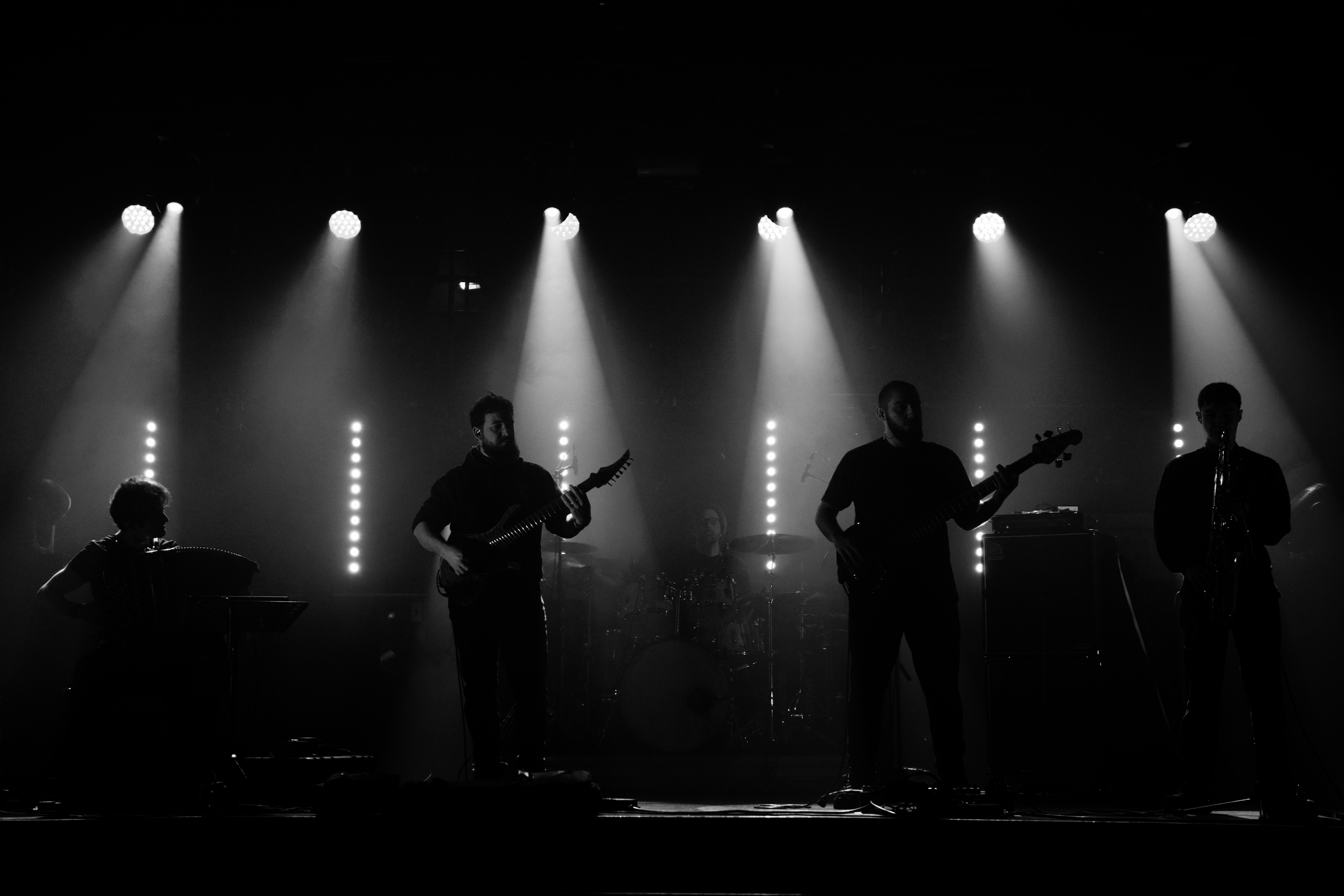
Stream CKRAFT’s new album Epic Discordant Vision below –
CHARLES
_
Both genres have a strong purpose: metal aims at celebrating death, mayhem and destruction, while the origin of jazz is a cry of oppressed people for freedom. These purposes convey a strong driving force in their style; I like to think of them as “active music”.
Quite a few contemporary jazz and metal musicians influence each other – Tigran Hamasyan and Meshuggah being one famous example. Blending these two distinct music genres has been a complex but exciting challenge for me!
And what about your other project, CrozPhonics?
CHARLES
_
That is under development at the moment. It is something between chamber music and jazz, with two cellos and accordion. I have a crush on the sound of the cello and it feels great to be l0psurrounded by the warm resonance of the instruments with such textural and dynamic range. I am getting funding and partnerships for the project next year, so watch this space! For now, CKRAFT is the bigger focus, and I released its first album in June 2022, titled Epic Discordant Vision.
What is your experience in making a career in France as an independent musician?
CHARLES
_
For a start, live performance workers are lucky to have a special status here, equivalent to the unemployed status, where on the days that you are not hired, you are considered temporarily unemployed and are entitled to receive a daily allowance. This insurance scheme creates a sense of security that allows freedom and flexibility for musicians to dedicate themselves to music: you don’t necessarily have to have a day job, or teach to live off music. As long as you can maintain the required number of working hours or gigs per year, which for musicians is 507 hours or about 43 gigs, you are assured that you will have a steady income each month.
Funding also plays an important role in the French music scene. If you need help finding suitable funding, maybe consider working with a consultant, which is what I’m currently doing to save time!
Any tips for freelance musicians starting out in France?
CHARLES
_
From my experience of building CKRAFT in France, I would say that having a strong musical identity and being sociable are the most important elements of starting a music career here. It is not necessarily about being unique, but knowing exactly what you are after in your style and showing your presence as much as possible!
Go to the concerts you like, chat with people and organise sessions – this is how I got some of the most interesting opportunities. When you have an idea in mind, be ready to formulate the concept into words and grab the interest of the person you are speaking to. You never know who you will meet after a concert, networking event, or at a bar!
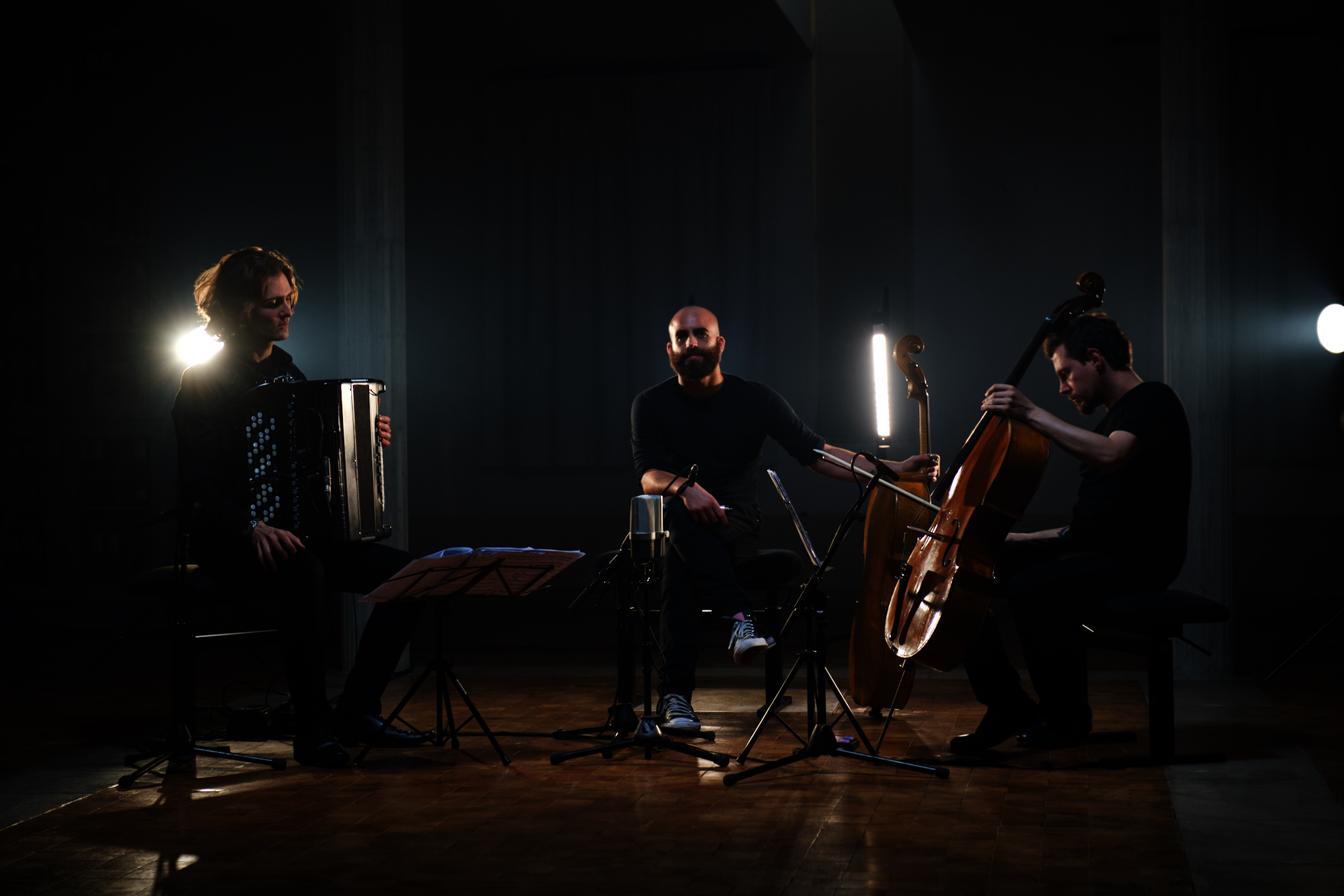
What are your musical aims for the future?
CHARLES
__
I would like to continue performing more of my own music and be more recognised as a composer and project leader.
Do you have an inspirational album?
CHARLES
__
For metal, I immediately think of The Link by the metal band Gojira, and on the jazz side, the album Season of Changes by Brian Blade.
They are worlds apart, but both have an incredible healing effect on me!
Book Charles’s Piano & Drums Room with view on park here
